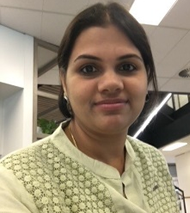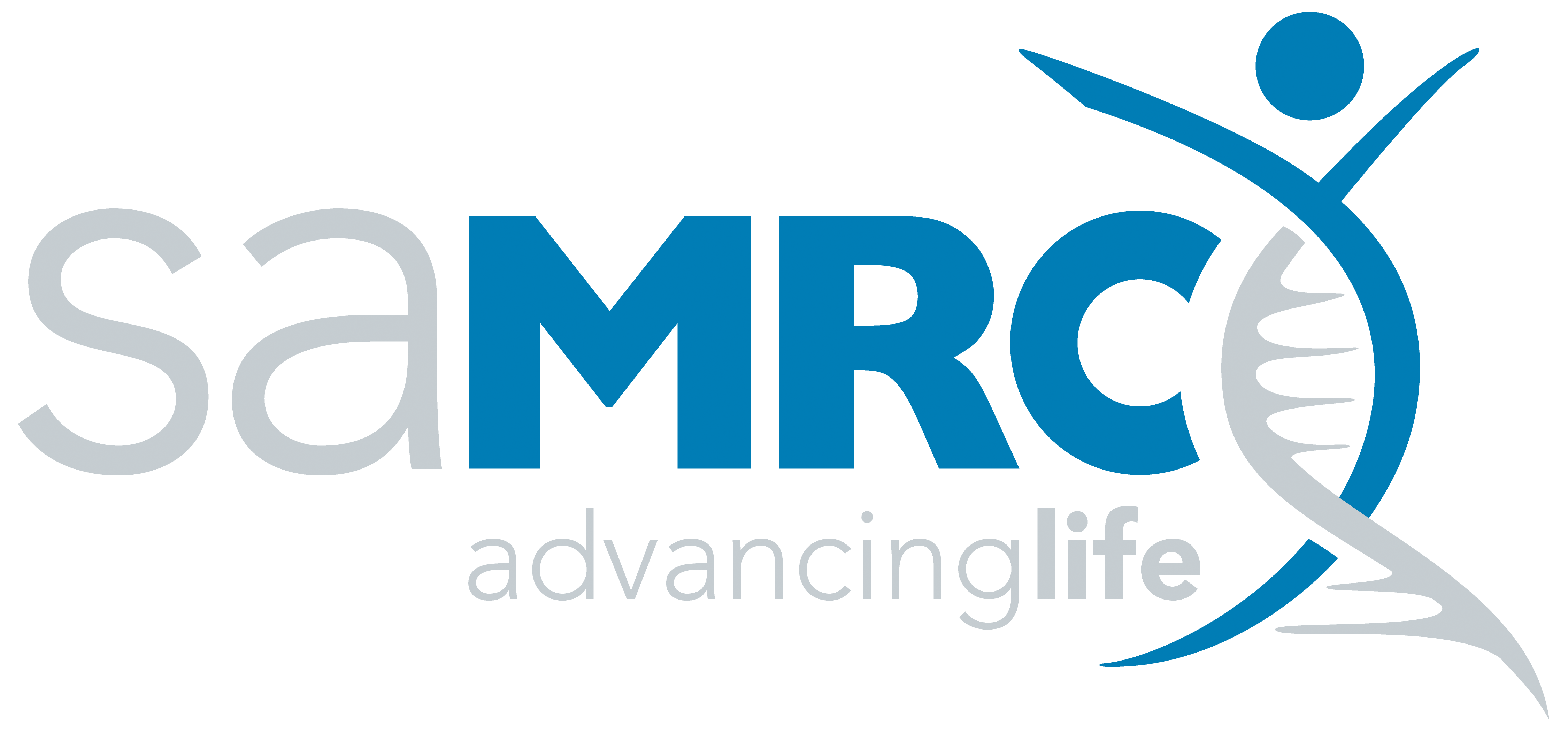South African Medical Research Council-The George Institute for Global Health Collaboration
In 2022, the South African Medical Research Council (SAMRC) and The George Institute for Global Health (TGI) signed a Memorandum of Understanding (MoU) to enhance cooperation, maintain existing relationships and establish new ones, with a focus on conducting high-quality research in areas of mutual interest.
To further strengthen the SAMRC-TGI partnership, a call for Expressions of Interest (EoI) was announced on 17 July 2023. This call invited intramural SAMRC researchers, both seasoned and emerging, as well as postdoctoral fellows, to submit research proposals aligned with national priorities in South Africa. These priorities include health systems strengthening—such as improving Universal Health Coverage and National Health Insurance—and addressing the burden of disease in South Africa, including injury surveillance and multimorbidity.
The following seven projects were selected through a two-staged process and were awarded seed funding from both the collaborating organisations (2023-2026):
This study examines the bi-directional associations and influences (socioeconomic, cultural, psychosocial factors, coexistent multi-morbidities, etc.) of diabetes and depression contributing to care, integration of care, and diabetes and depression outcomes. Shared meanings of the disease process among people with both diabetes and depression, the association of depression on glycaemic control in diabetes and the association of diabetes on depression treatment outcomes are explored. The qualitative component comprises interviews with ≥18-year-olds with diabetes and depression, and healthcare providers involved in their care. Analyses of existing longitudinal data address the study aims. Two systematic reviews identify the influences and associations of depression on diabetes care and of diabetes on depression treatment outcomes.
Co-I’s: Dr William Yang Zhao (TGI), Dr Sudha Kallakuri (TGI), Assoc Prof Rohina Joshi (TGI), Dr Jillian Hill (SAMRC), Dr Kim Nguyen (SAMRC).
Evaluating effective health system governance in the context of Universal Health Coverage globally
The National Health Insurance (NHI) represents a significant policy change that necessitates considerable reorganization of public and private healthcare systems. Effective governance is crucial to successfully implementing the NHI and attaining Universal Health Coverage (UHC).
Researchers from the SAMRC and TGI are collaborating on a study to describe interventions to address potential or actual challenges in health system governance in countries transitioning to UHC, such as South Africa. The study further investigates the barriers and facilitators of strong health system governance. This mixed-methods study includes 1) a scoping review that identifies and outlines these strategies globally and 2) a qualitative study that explores the experiences and perspectives of national policymakers and provincial implementers regarding the interventions they have employed to tackle challenges in health system governance.
Co-I’s: Prof Fareed Abdullah (SAMRC), Prof Helen Schneider (UWC), Dr Hueming Liu (TGI), Ms Hlengiwe Moloi (SAMRC), Dr Tasha Gloeck (SAMRC), Ms Retsedisitsoe Mazibuko (SAMRC), Mr Ameer Hohlfeld (SAMRC).
This collaboration brings together health economists from the SAMRC and TGI and aims to strengthen economic evaluation methods for South Africa’s Health Technology Assessment. It is led by Dr Darshini Govindasamy and Prof Stephan Jan. The broader goal of this project is to develop a quality of life tariff to guide valuation of outcomes in economic evaluations. To do this, the project is conducting foundational work to inform a valuation study protocol. This entails a scoping review on methodological insights from published valuation studies to inform the co-development of the study design via engagement with experts, policy makers and the local community.
Co-I’s: Mr Stanley Carries (SAMRC), Dr Donnela Besada (SAMRC), Ms Nokwanda Sithole (SAMRC), Ms Audrey Moyo (SAMRC), Dr Eugene Davids (SAMRC), Dr Janine Verstraete (UCT), Dr Blake Angell (TGI), Dr Thomas Gadsden (TGI).
Chronic kidney disease (CKD) poses a major public health challenge globally, with Africa facing a disproportionately higher burden. Africans experience earlier onset, more rapid disease progression, and increased risk due to hypertension, type 2 diabetes, HIV and genetic predisposition. Despite this, CKD remains poorly understood in Africa due to limited and fragmented data. To address this, the CKD-Africa Collaboration, led by the SAMRC in partnership with international collaborators, was formed to pool individual-level data and foster research collaborations. This initiative has collected data from 59,994 participants across 12 African countries, revealing CKD prevalence ranging from 1-22%. The current project aims to quantify CKD burden, assess risk factors, and analyse multimorbidity distributions to inform policy and improve health outcomes.
Co-I’s: Dr Sradha Kotwal (TGI), Dr Min Jun (TGI), Prof Andre P. Kengne (SAMRC)
The ENGAGE-WC study aims to explore non-fatal injury data in select Western Cape communities to assess the extent of co-morbidities among injured patients. It will also engage key stakeholders—community leaders, NGOs, researchers, and healthcare practitioners—to explore their perspectives on the ethical and governance challenges of trauma data sharing and sovereignty. This study builds on prior successful collaborative research between colleagues at The Burden of Disease Research Unit at SAMRC, and The George Institute (TGI) in the UK and Australia, into child road injury prevention, gender disparities in injuries, and alcohol diagnostic validation for injury-related trauma. Expected outcomes include an enhanced understanding of injury patterns and related co-morbidities, as well as insights into data usage and sovereignty. This exploratory research will serve as formative work for a larger study, to ensure sustained collaboration with TGI.
Co-I’s: Prof Richard Matzopoulos (SAMRC), Dr Margie Peden (TGI), Dr Rifqah Roomaney (SAMRC) and Ms Alejandra Piragauta (TGI).
Adolescent girls and young women (AGYW) and adolescent boys and young men (ABYM) in rural South Africa face significant barriers in accessing Sexual and Reproductive Health (SRH) services, which are compounded by shared risk factors with Non-Communicable Diseases (NCDs) such as substance use, poor diet, and physical inactivity. These challenges are exacerbated by limited healthcare access in rural areas due to geographical, infrastructural, and socio-economic constraints. The e-Health study aims to address these intertwined health issues by developing an integrated e-health intervention package that provides accurate information, promotes healthy behaviors, and link young people to healthcare services. Using a mixed-methods approach, the project will involve a co-creation of a culturally relevant e-health prototype, informed by community needs assessments, literature reviews, and input from a Youth Advisory Group (YAG). The study will be conducted in Newcastle, KwaZulu-Natal and hopes to improve health outcomes for AGYW and ABYM, with a focus on equity, inclusivity, innovation, and sustainability in addressing SRH and NCDs issues.
Co-I’s: Dr Deepika Saluja (TGI), Dr Beatrice Nojilana (SAMRC), Ms Eunice Turawa (SAMRC)
The increase in the prevalence of maternal multimorbidity exacerbates the rates of adverse birth outcomes which increase the risk of child cognitive and developmental delays, and the onset of long-term chronic disease. This research project aims to generate transferable evidence that supports the screening, identification, and care initiation for maternal multimorbidity in low- and middle-income country (LMIC) contexts, particularly in South Africa and India. The research project will focus on defining maternal multimorbidity in low-and-middle-income settings, identifying associated risk and protective factors and health outcomes, and exploring options for optimising the role of frontline health workers in caring for women living with maternal multi-morbidity.
Co-I’s: Dr Kenneth Yakubu (TGI), Dr Balaji Gummidi (TGI), Dr Rifqah Roomaney (SAMRC), Dr Makandwe Nyirenda (SAMRC), Dr Wanga Zembe (SAMRC)

















